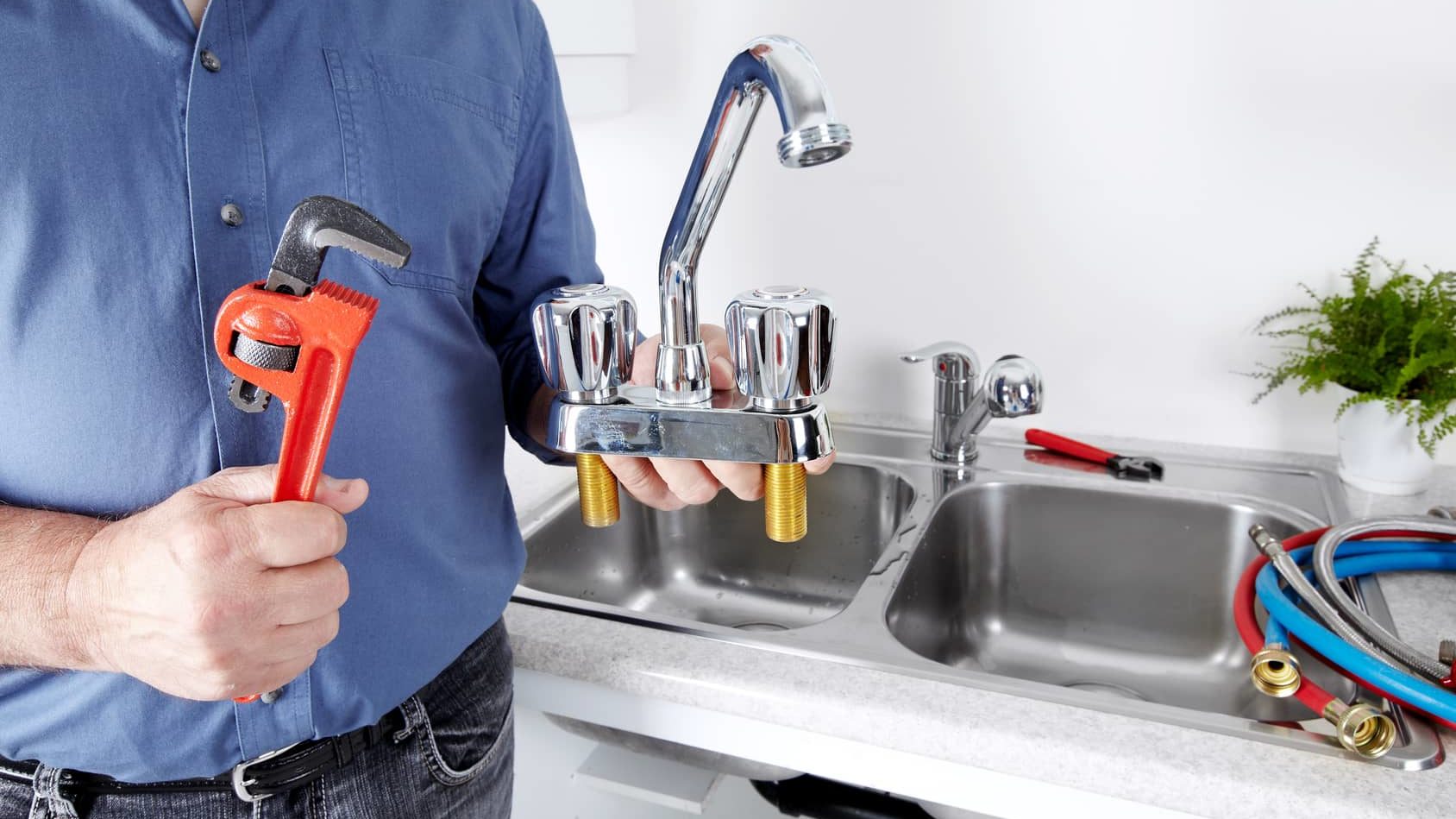

Articles
How Much Does Plumbing Cost?
Modified: January 8, 2024
Looking for articles on plumbing cost? Find out how much you can expect to spend on plumbing services with our informative guides and tips.
(Many of the links in this article redirect to a specific reviewed product. Your purchase of these products through affiliate links helps to generate commission for Storables.com, at no extra cost. Learn more)
Introduction
Welcome to our comprehensive guide on plumbing costs. Whether you’re a homeowner or a business owner, understanding the factors that affect plumbing costs can help you plan and budget for any necessary plumbing services. Plumbing issues can range from minor leaks to major system installations. The cost of plumbing services will vary depending on the complexity of the job, the materials required, and the labor involved.
Plumbing costs can be a significant expense, but it’s important to remember that investing in proper plumbing maintenance and repairs can save you money in the long run by preventing more extensive damage. In this article, we will explore the various factors that affect plumbing costs, delve into the costs of common plumbing services, and provide additional considerations and tips to help you manage and reduce your plumbing expenses.
Before we dive into the specifics of plumbing costs, it’s important to note that hiring a professional plumber is crucial. Plumbing work requires specialized knowledge, skills, and equipment. Attempting DIY plumbing repairs can lead to further damage or safety hazards. Hiring a licensed and experienced plumber ensures that the job is done correctly, efficiently, and up to code.
Now, let’s take a closer look at the factors that can affect how much you can expect to pay for plumbing services.
Key Takeaways:
- Understanding the factors affecting plumbing costs, such as severity of the issue, materials, and labor, helps homeowners and business owners anticipate and budget for plumbing services effectively.
- By implementing proactive measures like regular maintenance, addressing small issues promptly, and investing in water-saving fixtures, individuals can reduce plumbing expenses while ensuring a reliable plumbing system.
Read more: How Much Does It Cost To Rough-In Plumbing
Factors Affecting Plumbing Costs
Several key factors contribute to the overall cost of plumbing services. Understanding these factors will help you anticipate and budget for your plumbing needs. Here are some of the main factors that can affect how much you can expect to pay for plumbing services:
- Severity and scale of the problem: The severity and scale of the plumbing issue will significantly impact the cost. Minor repairs such as fixing a leaky faucet or unclogging a drain will generally be less expensive than larger-scale projects such as replacing a sewer line or installing a new plumbing system.
- Time and labor involved: Plumbing charges are often based on the time and labor required to complete the job. Complex or time-consuming tasks, such as extensive pipe repairs or remodeling projects, will naturally cost more due to the increased labor and expertise involved.
- Materials needed: The type and quality of materials required for the plumbing job will influence the overall cost. Higher-quality materials tend to be more expensive, but they can offer greater durability and longevity, reducing the need for frequent repairs down the line.
- Location of the project: Plumbing costs can vary based on geographical location. Prices may differ between urban and rural areas, and even between different cities or states. Factors such as local labor rates, licensing requirements, and accessibility can impact pricing.
- Emergency vs. non-emergency services: Plumbing emergencies often require immediate attention, which can lead to higher costs. If the plumbing issue is not urgent and can wait, scheduling non-emergency services during regular business hours can help you save on emergency call-out fees or overtime charges.
- Permits and inspections: Some plumbing projects require permits and inspections, which can add to the overall cost. Ensure that your plumber obtains any necessary permits and that the work passes any required inspections to comply with local regulations.
- Expertise and reputation of the plumber: Plumbers with more experience, expertise, and a solid reputation may charge higher rates for their services. While it may be tempting to opt for a cheaper service provider, investing in a skilled and reputable plumber can pay off in terms of quality workmanship and long-term savings.
Keep these factors in mind when discussing your plumbing needs with a professional plumber. Providing clear and detailed information about the issue or project will help them give you a more accurate estimate of the cost.
Common Plumbing Services and Their Costs
Plumbing services encompass a wide range of tasks, from minor repairs to major system installations. The costs associated with these services can vary significantly based on the complexity of the job, the materials required, and the time and labor involved. Here are some common plumbing services and their average costs:
- Fixing leaks: Leaky faucets, pipes, or toilets are not only annoying but can also lead to water wastage and higher utility bills. The cost to fix a leak will depend on the severity and location of the leak, as well as any necessary replacement parts. On average, expect to pay around $150-$250 for a basic faucet or pipe leak repair.
- Unclogging drains and pipes: Clogged drains and pipes can cause inconvenience and potential water damage if left unresolved. The cost of unclogging drains will depend on the location and severity of the blockage. Simple solutions like using a plunger or drain snake can cost as little as $100, while more complex clogs may require professional hydro jetting or pipe replacement, which can cost upwards of $300.
- Water heater repair or replacement: If your water heater is malfunctioning or needs replacing, it’s crucial to address the issue promptly. The cost will vary depending on the type of water heater and the extent of the repair or replacement required. On average, expect to pay between $200-$800 for water heater repairs and between $800-$2,500 for a new water heater installation.
- Toilet repairs: Common toilet issues include leaks, clogs, and flushing mechanisms that don’t work correctly. The cost of toilet repairs will depend on the nature of the problem. Basic repairs like replacing a flapper or fill valve can cost around $100-$200, while more extensive repairs or toilet replacements can range from $200-$600.
- Garbage disposal repair or replacement: If your garbage disposal is jammed, leaking, or not functioning properly, it may require repair or replacement. Basic repairs can cost around $100-$200, while total replacement can range from $200-$500, including the cost of the new unit.
- Pipe repairs and replacements: Damaged or deteriorating pipes can lead to leaks, low water pressure, and other issues. The cost of pipe repairs will depend on the extent of the damage, the type and location of the pipes, and the level of complexity involved. On average, expect to pay between $200-$1,000 for pipe repairs, while pipe replacement can range from $500-$2,000 or more, depending on the size and material of the pipes.
It’s important to note that these are average costs and can vary depending on various factors. Always consult with a licensed plumber to get an accurate estimate for your specific plumbing needs.
Cost of Installing a New Plumbing System
Installing a new plumbing system is a significant undertaking that involves various components and considerations. Whether you’re building a new home or renovating an existing property, understanding the cost factors involved in installing a new plumbing system is essential for effective budgeting. Here are some key considerations and average costs associated with installing a new plumbing system:
- House size and complexity: The size and complexity of your home will have a major impact on the cost of installing a new plumbing system. Larger homes or those with complex layouts may require more extensive piping, fixtures, and labor, resulting in higher costs.
- Pipe material: The choice of pipe material will affect the cost of installing a new plumbing system. Different materials such as PVC, copper, or PEX have different costs associated with them. PVC tends to be the most cost-effective option, while copper is more expensive but offers durability and longevity.
- Number of fixtures: The number of fixtures in your home, including sinks, toilets, showers, and appliances, will impact the cost of your plumbing installation. Each fixture requires plumbing connections, which adds to the overall materials and labor cost. Additionally, high-end or specialty fixtures will be more expensive to install.
- Permits and inspections: Depending on your location, you may need permits and inspections for installing a new plumbing system. These additional costs should be factored into your budget. Be sure to consult with local authorities and obtain any necessary permits and inspections.
- Labor costs: The labor costs for installing a new plumbing system will depend on the expertise of the plumbers and the time required to complete the project. Labor charges typically range from $50 to $150 per hour, although this can vary depending on location and the complexity of the installation.
- Additional considerations: Other factors that can affect the cost include the need for excavation or demolition work, the accessibility of the plumbing lines, and any additional requirements unique to your property.
While it is challenging to provide an exact figure for the cost of installing a new plumbing system due to the varying factors involved, on average, homeowners can expect to spend anywhere from $3,000 to $15,000 or more. It’s important to consult with multiple professional plumbers to get accurate estimates based on your specific needs and circumstances.
Investing in a high-quality plumbing system installation from experienced professionals ensures proper functioning, longevity, and reduces the likelihood of future plumbing issues. Always hire licensed plumbers who adhere to local building codes and regulations.
When budgeting for plumbing costs, consider the complexity of the job, materials needed, and labor fees. Get multiple quotes from reputable plumbers to compare prices and ensure you’re getting a fair deal.
Cost of Repairing Plumbing Issues
When faced with plumbing issues, prompt repairs are crucial to prevent further damage and costly repairs down the line. The cost of repairing plumbing issues can vary depending on the nature and severity of the problem. Here are some common plumbing issues and their associated costs:
- Leaky faucets or pipes: Fixing a leaky faucet or pipe is one of the most common plumbing repairs. The cost will depend on the extent of the leak and whether any replacement parts are required. On average, repairing a leaky faucet can cost $100-$200, while fixing a pipe leak can range from $150-$250.
- Clogged drains: Clogged drains are a common issue that can lead to backups and water damage. Basic unclogging solutions like using a plunger or drain snake can cost around $100. However, if the clog is more severe and requires professional hydro jetting or pipe replacement, the cost can be upwards of $300.
- Water heater repairs: If your water heater is experiencing issues like insufficient hot water, strange noises, or leaks, it may require repair. The cost will depend on the extent of the repair needed, including replacement parts and labor. On average, water heater repairs can range from $200-$800.
- Toilet repairs: Common toilet issues include leaks, clogs, and running toilets. The cost to repair a toilet will depend on the specific problem. Simple fixes like replacing a flapper or fill valve can cost around $100-$200, while more extensive repairs or toilet replacements can range from $200-$600.
- Garbage disposal repairs: When a garbage disposal malfunctions, it can be inconvenient. Basic repairs like clearing a jam or fixing a leak can cost around $100-$200. If the unit needs replacement, including the cost of a new garbage disposal, the total cost may range from $200-$500.
- Pipe repairs or replacements: Damaged or deteriorating pipes can lead to leaks, low water pressure, and other issues. The cost of pipe repairs will depend on the extent of the damage and the material of the pipes. Repairs can cost between $200-$1,000, while pipe replacement may range from $500-$2,000 or more, depending on the size and material of the pipes.
It is important to note that these are average costs and can vary depending on various factors specific to your situation. Always consult with a licensed plumber to assess the issue and provide an accurate estimate.
Attempting to DIY plumbing repairs without the necessary skills and expertise can lead to further damage and potentially costlier repairs. Hiring a professional plumber ensures the job is done correctly, efficiently, and up to code, helping you avoid future plumbing issues and costly repairs.
Read more: How Much Does A Plumbing Permit Cost
Additional Considerations for Plumbing Costs
When it comes to plumbing costs, there are several additional considerations to keep in mind. These factors can affect the overall cost of your plumbing project or repair and should be taken into account when planning your budget. Here are some important additional considerations:
- Emergency services: Plumbing emergencies can happen at any time, and if you require immediate assistance outside of regular business hours, you may incur additional fees or higher rates. Try to schedule non-emergency plumbing services during normal business hours to avoid emergency service charges.
- Warranty and guarantees: When hiring a professional plumber, inquire about any warranties or guarantees offered for the work performed. A reputable plumber will stand behind their work and provide you with peace of mind that any potential issues will be addressed without incurring extra costs later on.
- Preventive maintenance: Regular preventive maintenance can help you avoid costly repairs and prolong the lifespan of your plumbing system. It’s worth considering investing in maintenance services such as drain cleaning, pipe inspections, and water heater tune-ups. Though there is a cost associated with these services, it can save you money in the long run by identifying and addressing potential issues before they become major problems.
- Seasonal considerations: Plumbing costs can fluctuate depending on the time of year. For example, during colder months, frozen or burst pipes may need to be addressed, which can result in higher costs due to the added complexity of the repair. It’s essential to address any seasonal plumbing issues promptly to prevent further damage and mitigate costs.
- Quality of materials and fixtures: Opting for higher-quality materials and fixtures may come with a higher upfront cost but can save you money in the long run by reducing the need for frequent repairs or replacements. Investing in durable materials and fixtures can also improve the efficiency and functionality of your plumbing system, potentially reducing water and energy consumption.
- Insurance coverage: Check your homeowner’s insurance policy to see if plumbing repairs or damages caused by plumbing issues are covered. While insurance coverage varies, it’s worth understanding what expenses may be potentially reimbursed through your policy, which can help offset some of the out-of-pocket costs.
By considering these additional factors, you can have a more accurate understanding of the overall expenses associated with your plumbing project or repair. It’s always recommended to consult with professional plumbers to get detailed estimates tailored to your specific needs and circumstances.
Tips for Saving Money on Plumbing Expenses
Plumbing expenses can add up, but there are several strategies you can employ to save money on your plumbing needs. By following these tips, you can reduce your overall plumbing expenses while still ensuring the reliability and functionality of your plumbing system. Here are some valuable tips for saving money on plumbing expenses:
- Perform regular maintenance: Regularly maintaining your plumbing system can help prevent costly repairs in the future. Simple tasks like keeping drains clear, inspecting pipes for leaks, and checking for toilet leaks can catch minor issues before they become major problems.
- Address small issues promptly: Don’t ignore small plumbing issues, such as a dripping faucet or a slow drain. These seemingly insignificant problems can worsen over time and lead to more significant and expensive repairs. Addressing them promptly can save you money in the long run.
- Avoid chemical drain cleaners: Instead of relying on chemical drain cleaners to unclog drains, opt for safer alternatives like a plunger or a drain snake. Chemical drain cleaners can be harsh on your pipes, causing damage and exacerbating plumbing issues.
- Be mindful of what you flush or dispose of: Avoid flushing anything other than toilet paper down the toilet and be careful about what you pour down the drains. This can help prevent clogs and minimize the need for drain cleaning services.
- Invest in water-saving fixtures: Upgrading to water-saving fixtures like low-flow toilets and aerated faucets can significantly reduce your water usage and lower your utility bills. You’ll not only save money but also contribute to water conservation efforts.
- Know the location of shut-off valves: Familiarize yourself with the location of shut-off valves for various fixtures in your home, such as toilets, sinks, and the main water supply. In case of a plumbing emergency, being able to quickly shut off the water can prevent further damage and minimize repair costs.
- Get multiple quotes: When facing major plumbing repairs or installations, don’t settle for the first quote you receive. Take the time to get multiple quotes from different plumbers and compare their pricing, services, and reputation. This will help you find the best value for your money.
- Consider preventative measures: Depending on your location and climate, taking preventative measures can save you from costly repairs associated with frozen or burst pipes. Insulating exposed pipes and allowing faucets to drip during freezing temperatures can prevent pipe damage.
- Learn basic DIY plumbing skills: While complex plumbing tasks should be left to the professionals, learning basic DIY plumbing skills can help you tackle simple repairs and maintenance tasks on your own, saving you money on service calls.
- Understand your homeowner’s insurance coverage: Familiarize yourself with your homeowner’s insurance policy to determine what plumbing repairs or damages are covered. This can potentially help offset some expenses, especially for major repairs or replacements.
By implementing these tips, you can take proactive steps to save money on your plumbing expenses while ensuring the proper functioning of your plumbing system. Remember, if you’re unsure about a plumbing issue or it requires professional expertise, always consult a licensed plumber to avoid potential damage or safety hazards.
Conclusion
Understanding plumbing costs and taking steps to manage them effectively is essential for homeowners and business owners alike. By considering the various factors that affect plumbing costs, such as the severity of the issue, materials required, and labor involved, you can better anticipate and budget for plumbing services.
Throughout this comprehensive guide, we have explored the common plumbing services and their associated costs, including repairing leaks, unclogging drains, water heater repairs, toilet repairs, and pipe repairs or replacements. We have also discussed the additional considerations that can impact plumbing costs, such as emergency services, warranties, preventive maintenance, seasonal considerations, and quality of materials.
Furthermore, we have provided valuable tips on how to save money on plumbing expenses. By performing regular maintenance, addressing small issues promptly, avoiding chemical drain cleaners, being mindful of what you flush or dispose of, and investing in water-saving fixtures, you can reduce the frequency and severity of plumbing problems, leading to cost savings in the long run. Additionally, knowing the location of shut-off valves, getting multiple quotes, considering preventative measures, learning basic DIY plumbing skills, and understanding your homeowner’s insurance coverage can further help minimize plumbing expenses.
Remember, when it comes to plumbing, hiring a professional plumber is crucial. They have the expertise, knowledge, and necessary tools to handle complex plumbing tasks safely and efficiently. Attempting DIY plumbing repairs without the required skills can result in further damage and potentially increase your expenses.
In conclusion, by being proactive, practicing regular maintenance, and taking the necessary precautions, you can manage your plumbing costs effectively. Remember to consult with licensed plumbers, obtain multiple quotes, and make informed decisions based on your specific needs and circumstances. By doing so, you can ensure a reliable and properly functioning plumbing system while saving money in the process.
Frequently Asked Questions about How Much Does Plumbing Cost?
Was this page helpful?
At Storables.com, we guarantee accurate and reliable information. Our content, validated by Expert Board Contributors, is crafted following stringent Editorial Policies. We're committed to providing you with well-researched, expert-backed insights for all your informational needs.
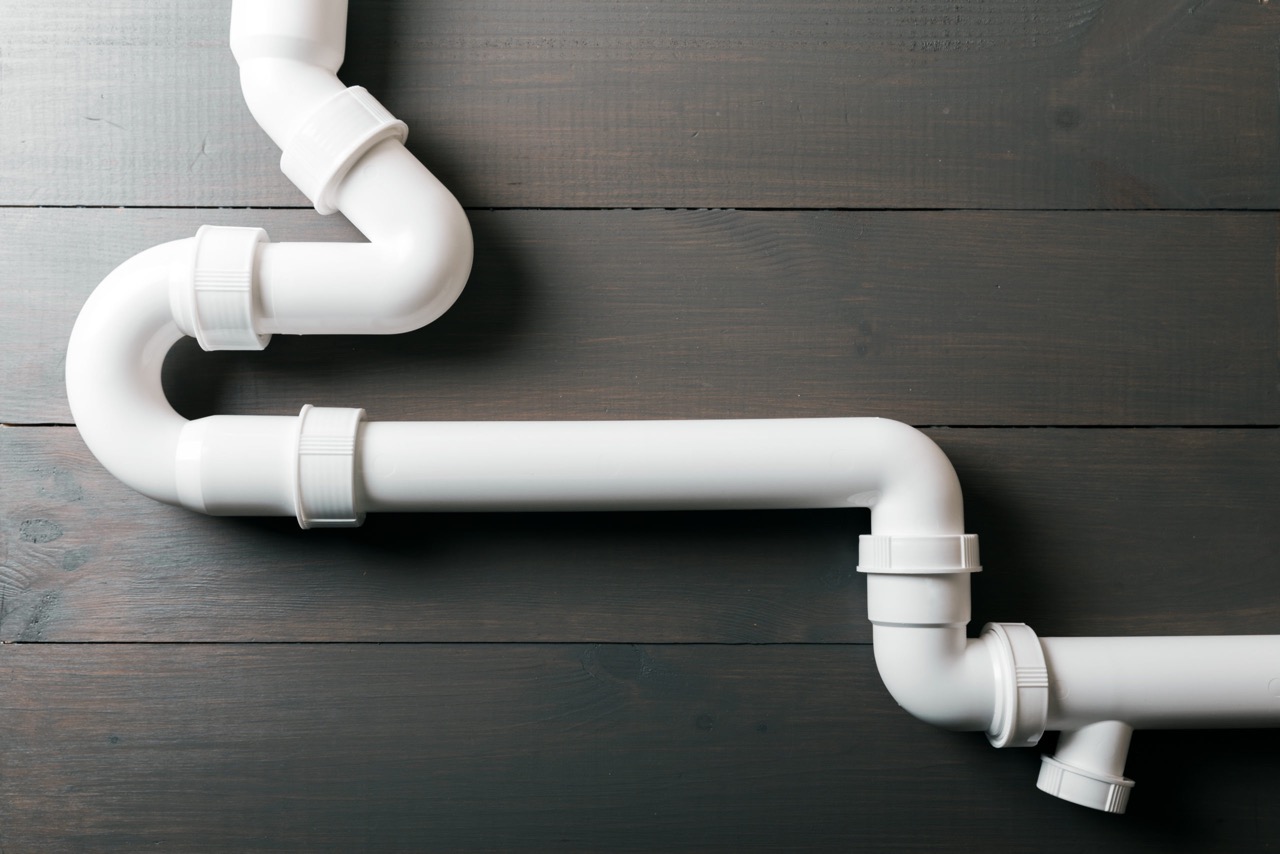
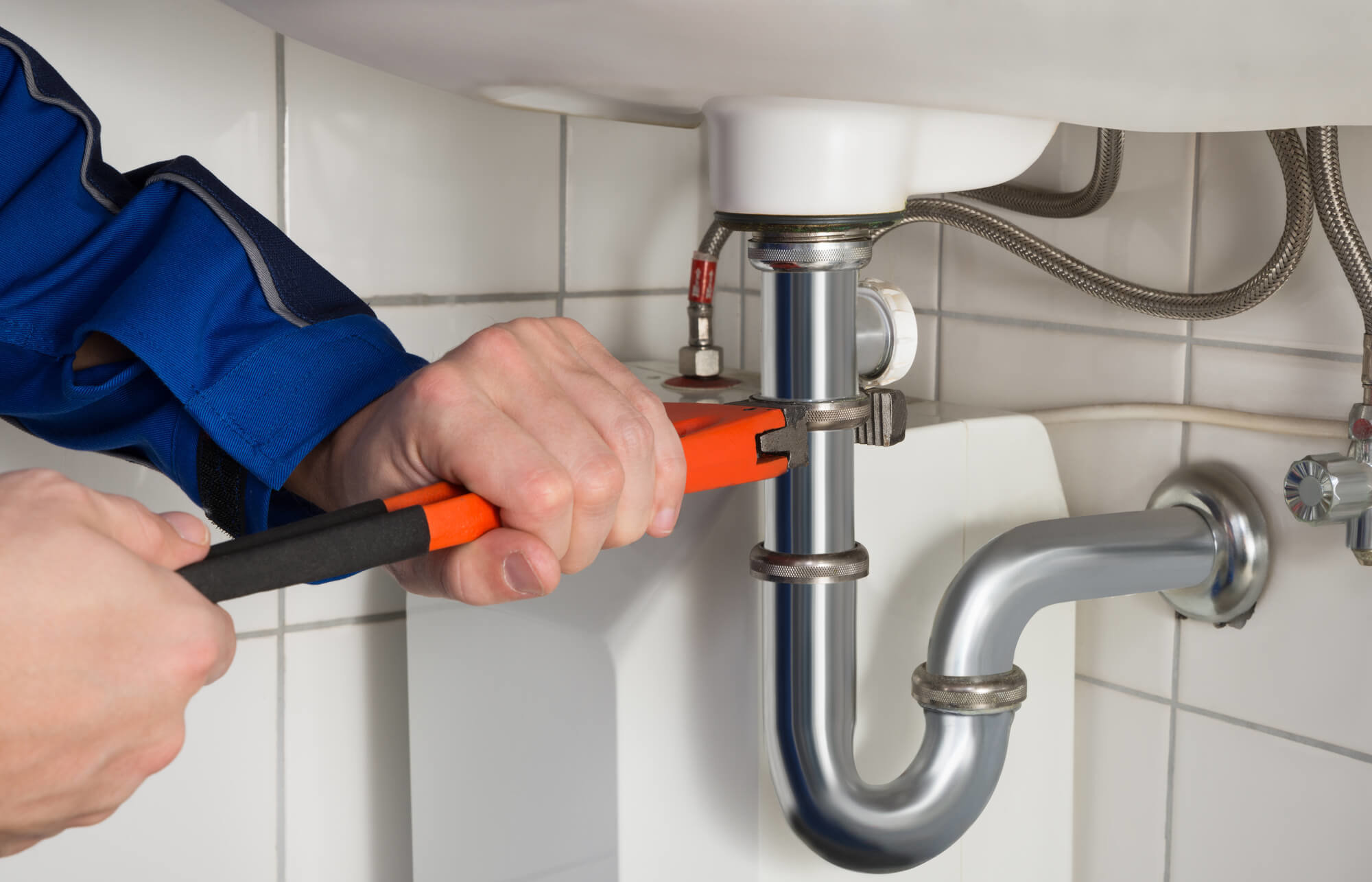
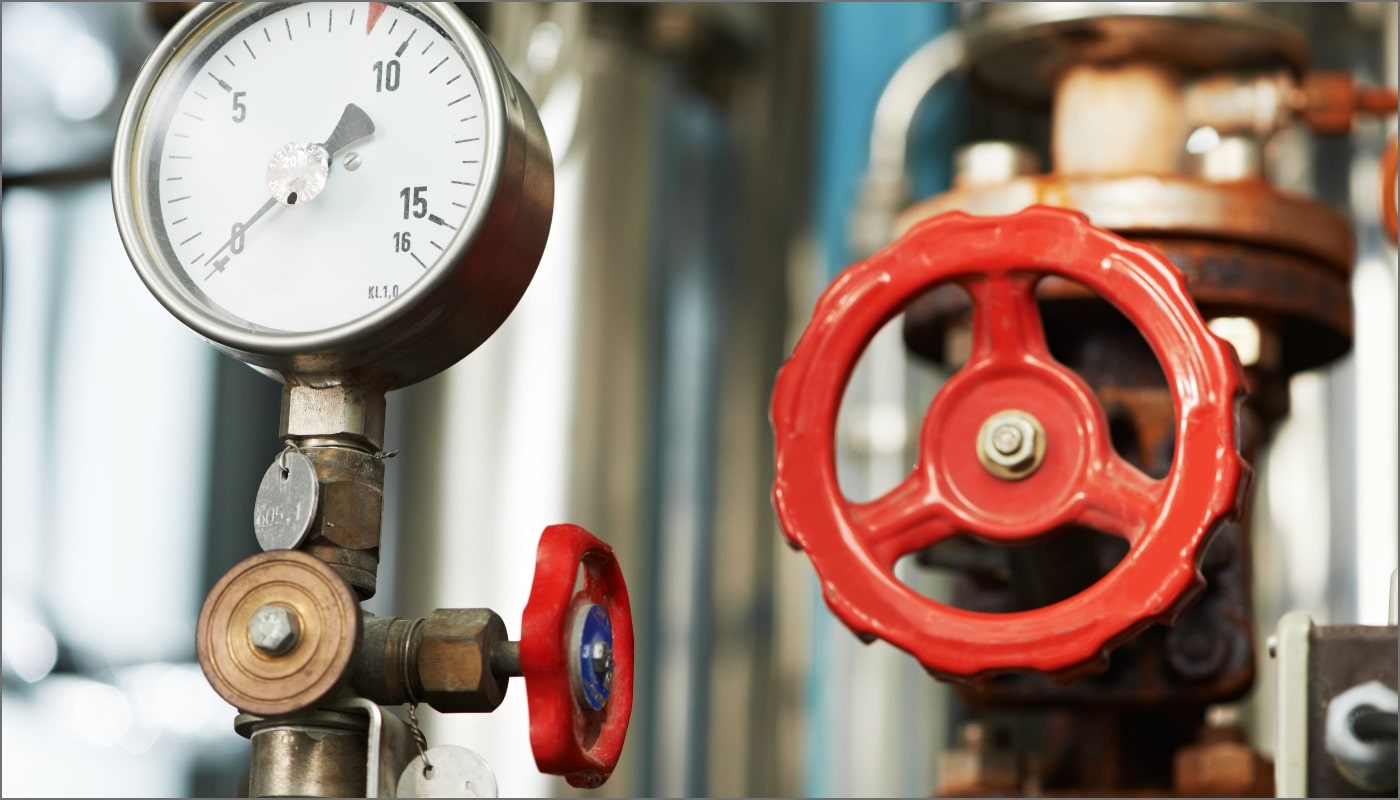
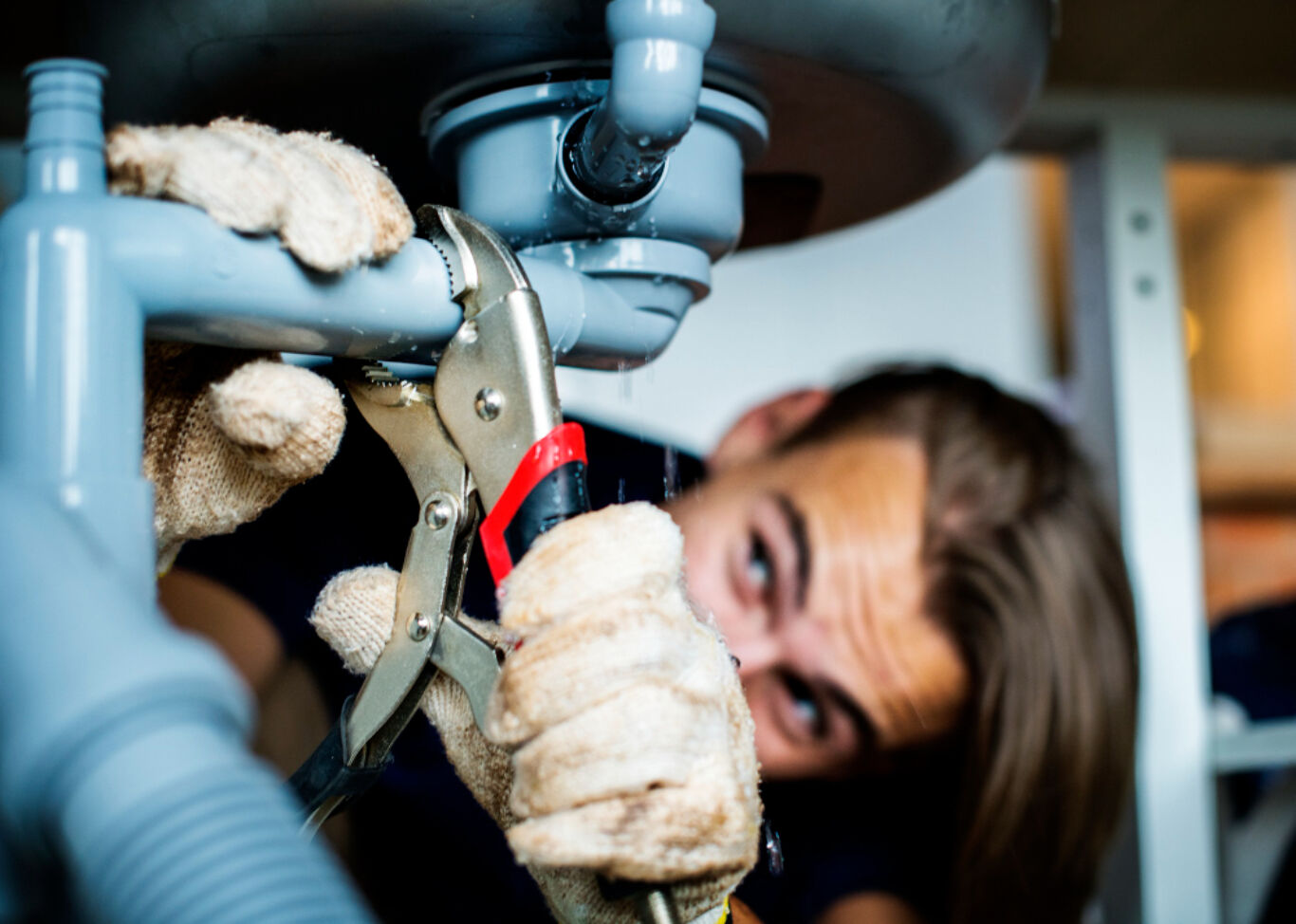
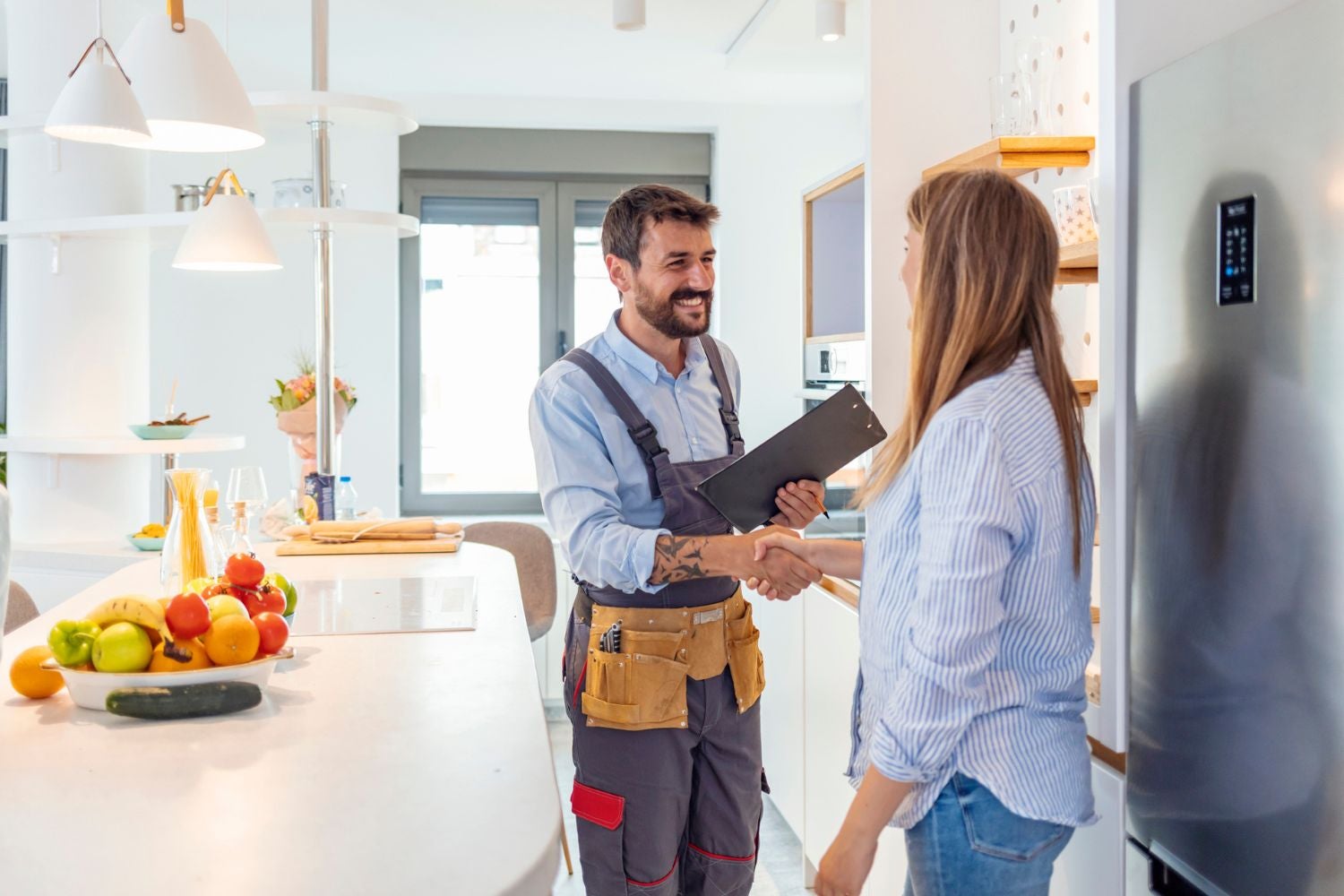
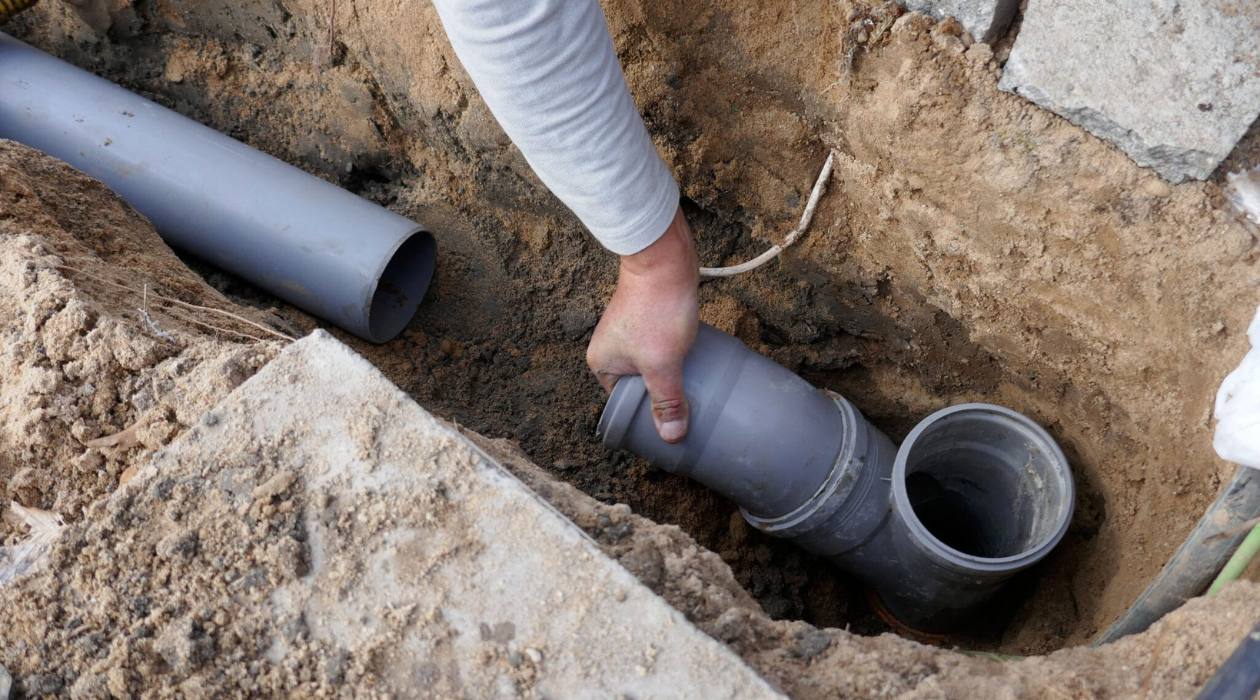
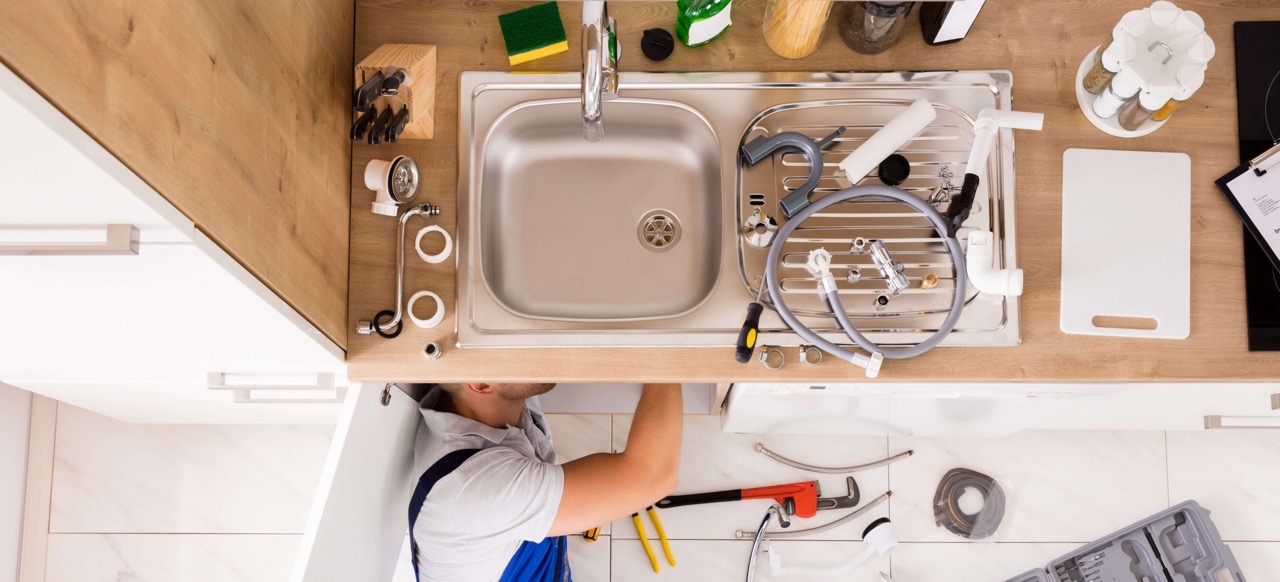
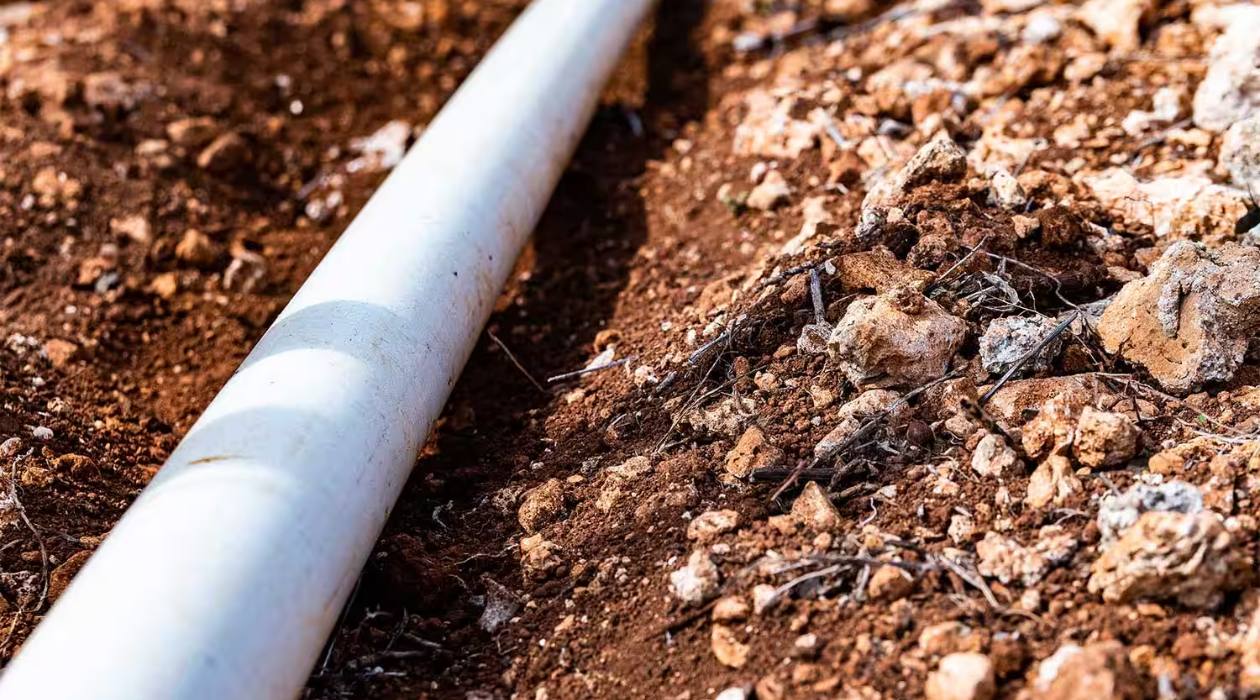
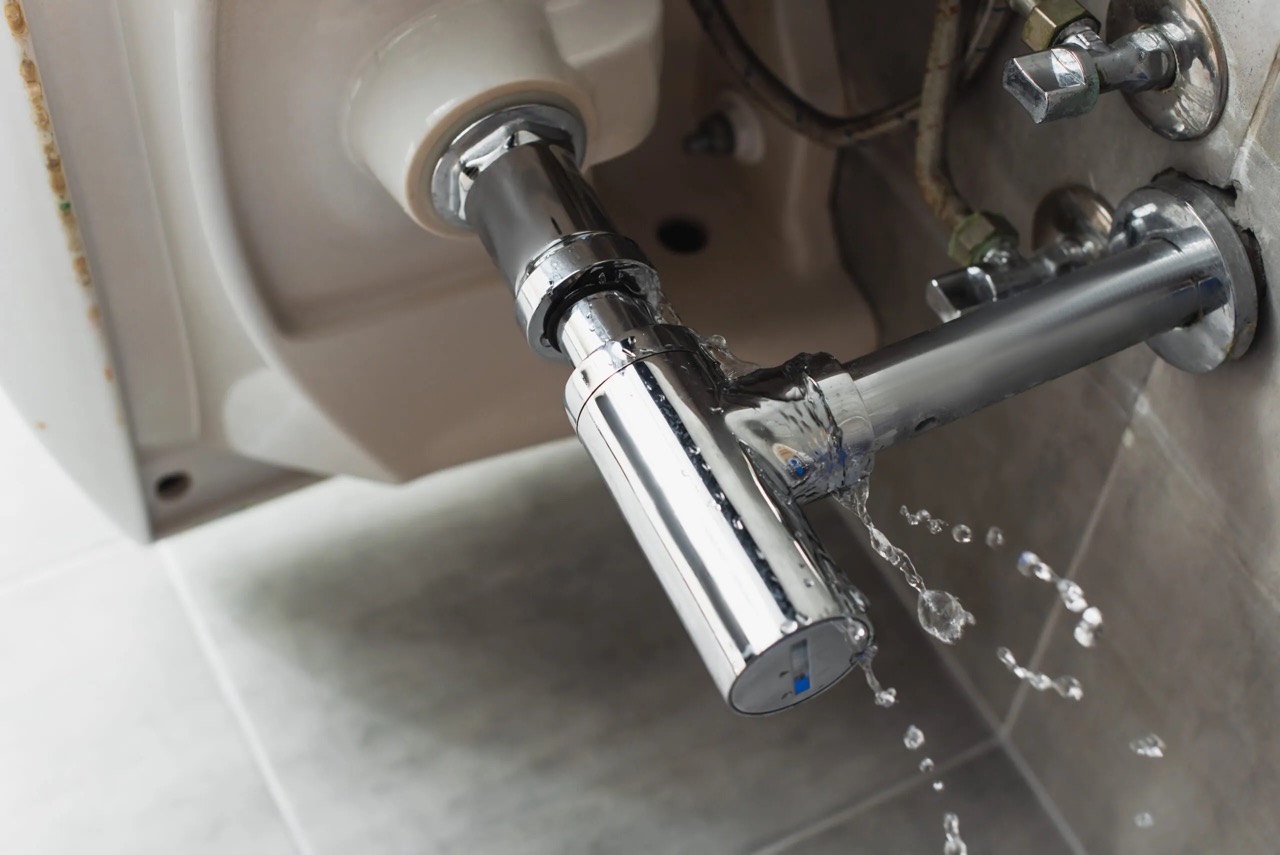
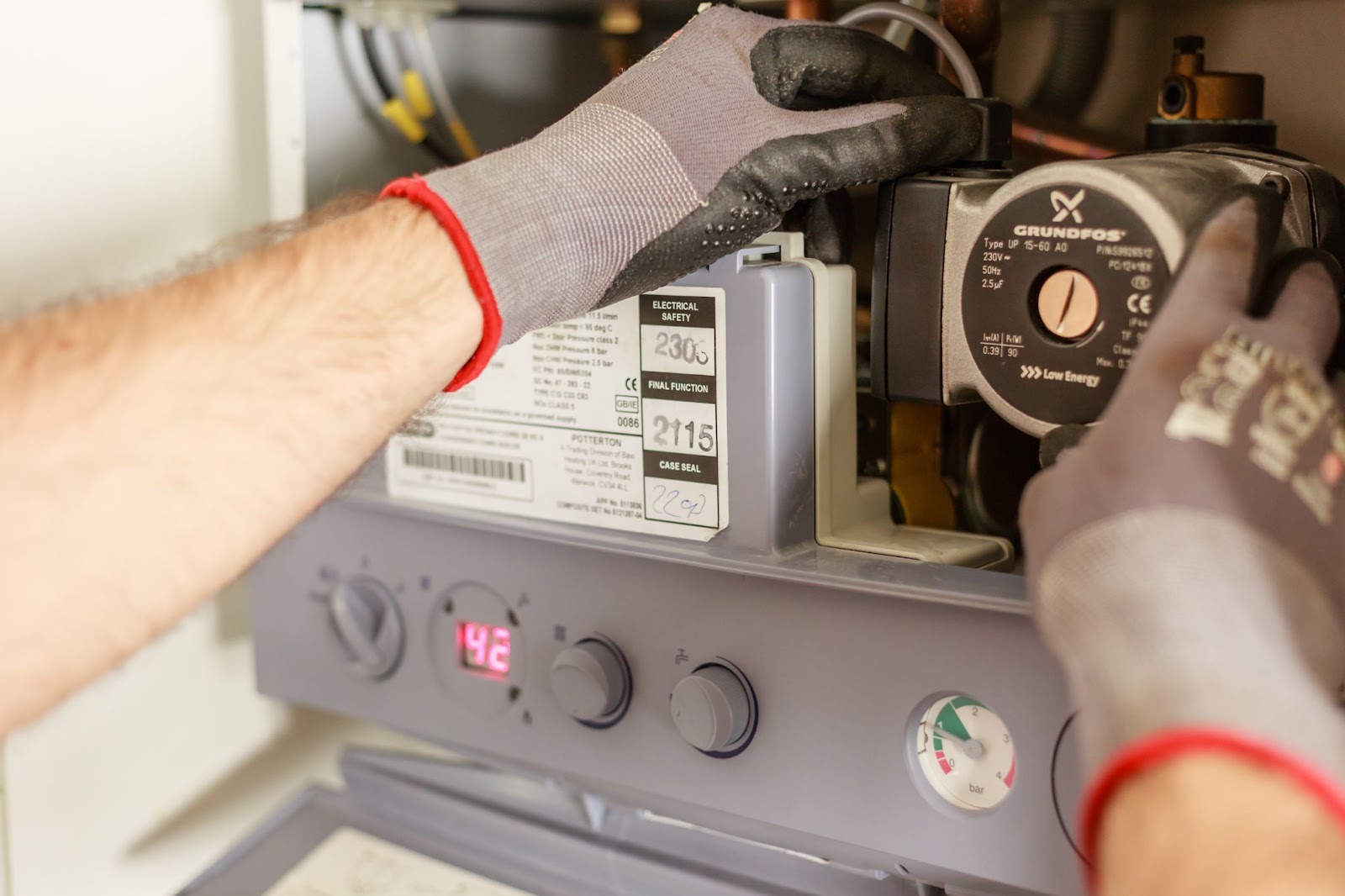
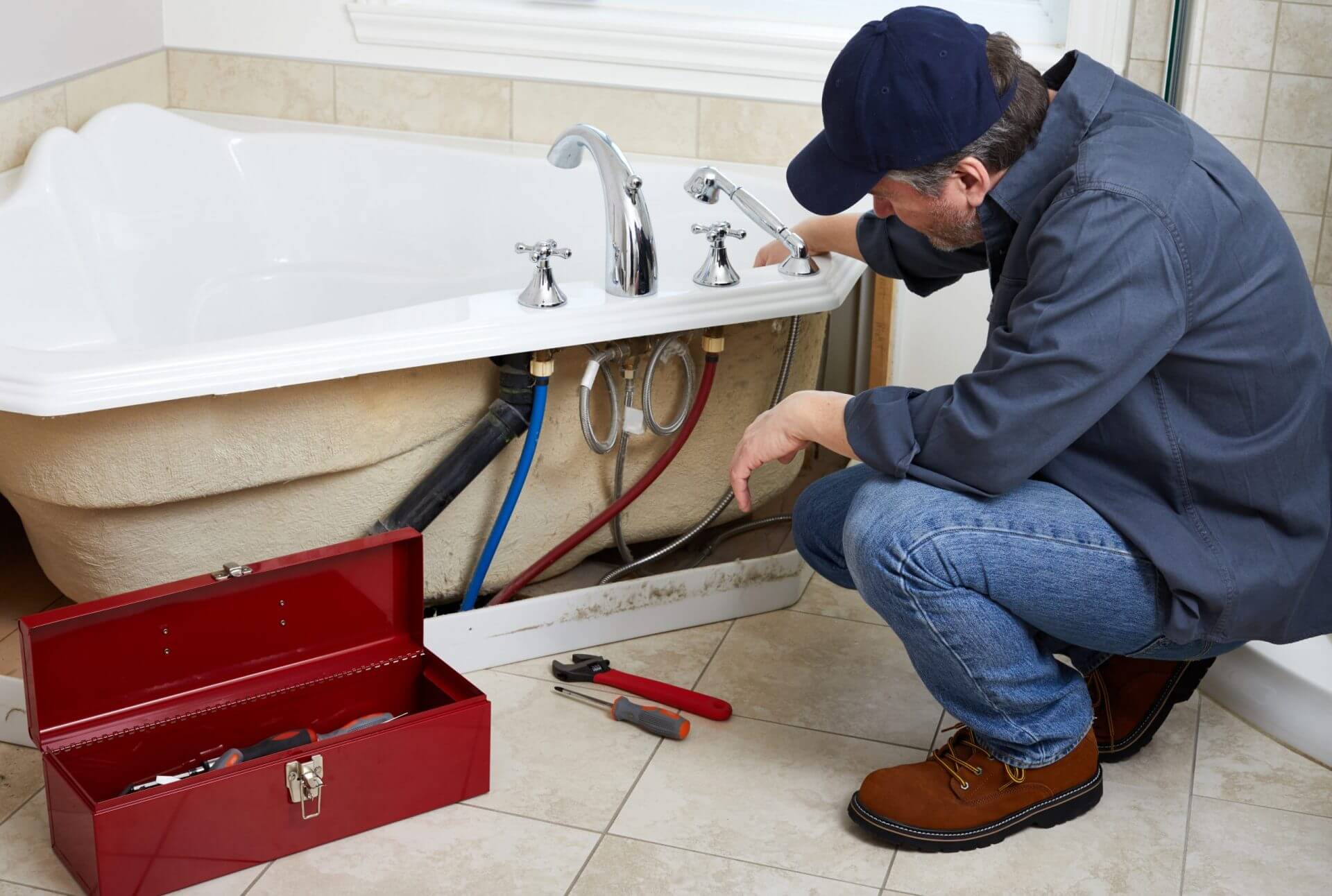
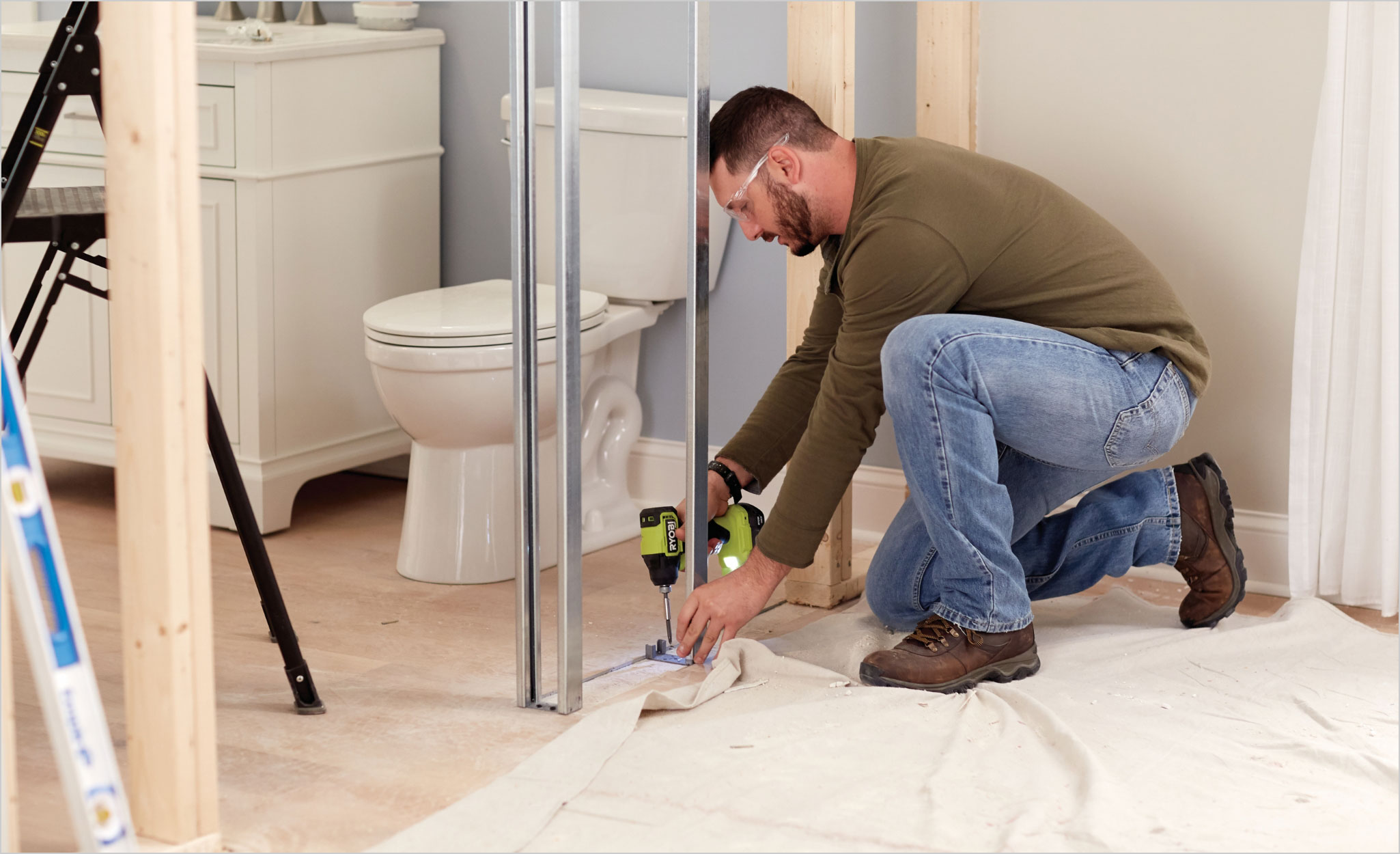
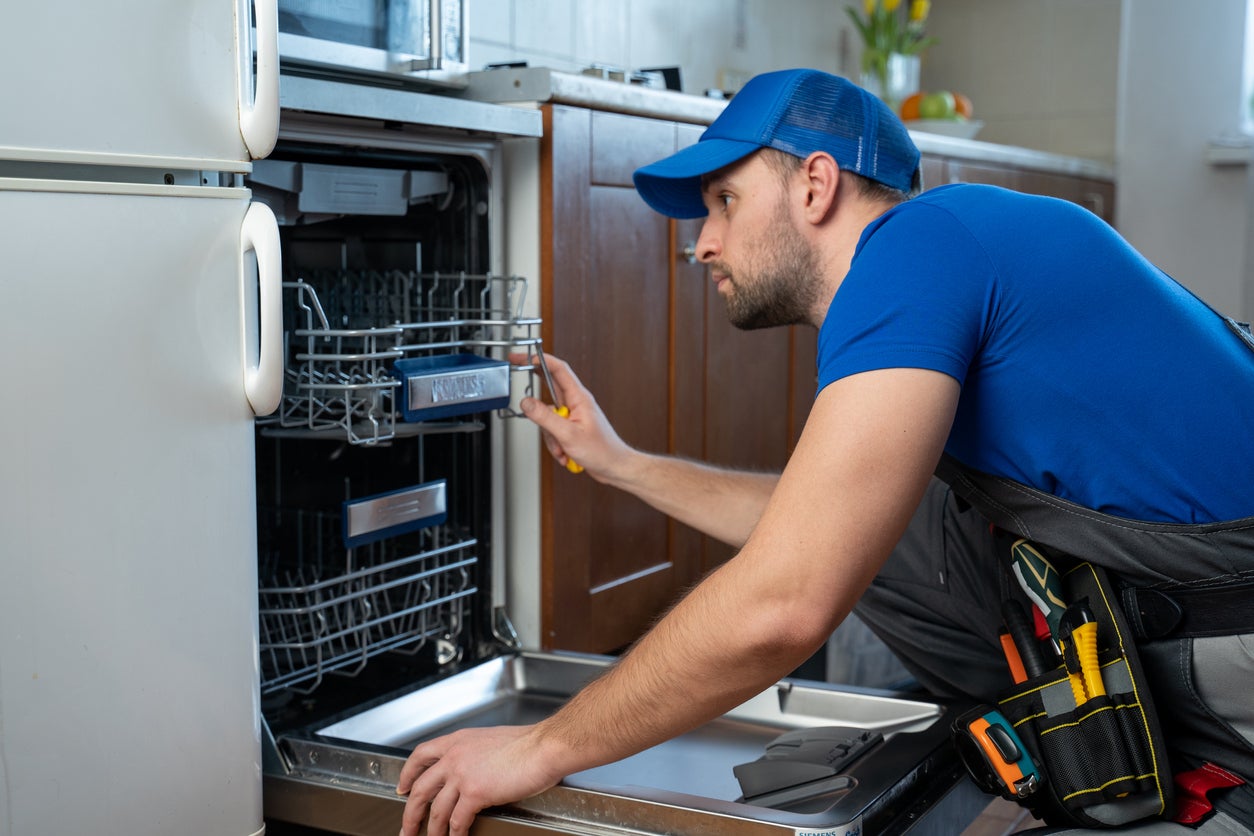
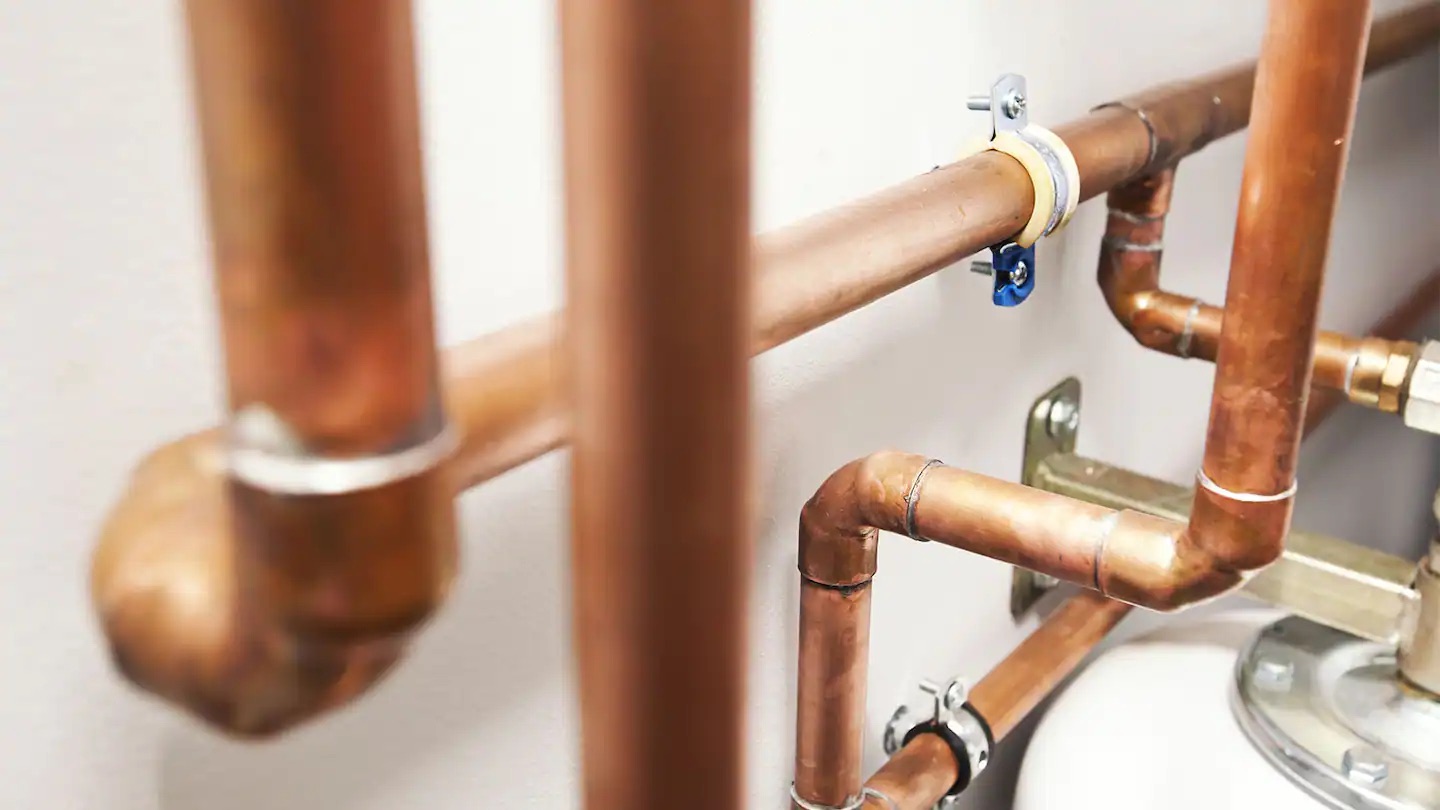

0 thoughts on “How Much Does Plumbing Cost?”